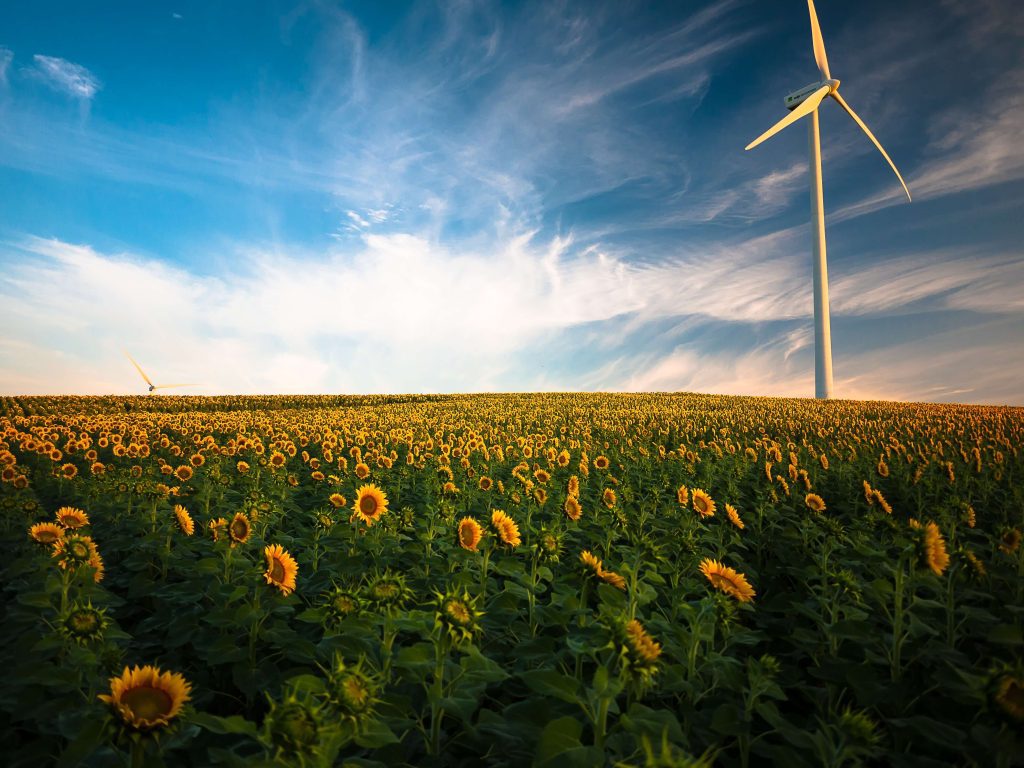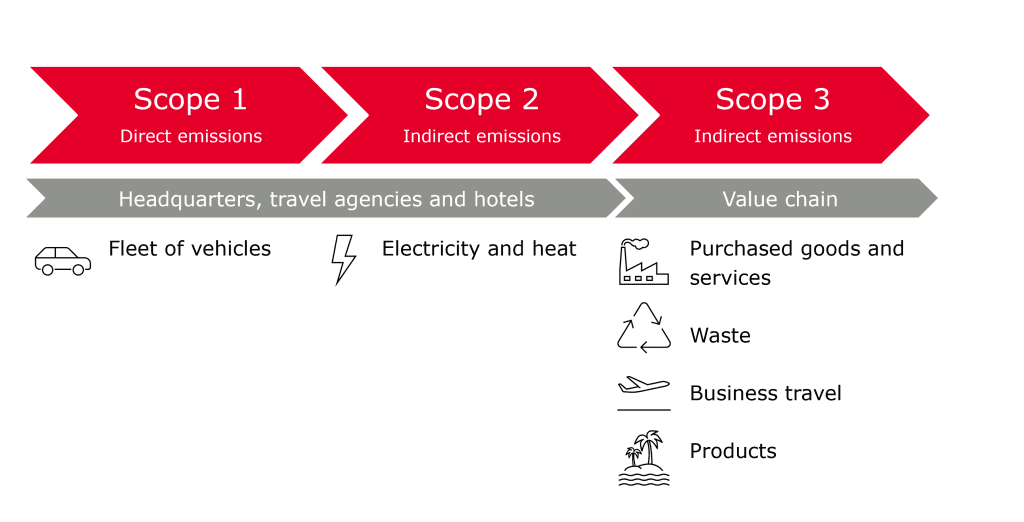Energy, Climate & Environment
In our own business, we use resources responsibly and reduce our emissions. In this context, our activities relate to our central locations as well as our travel agencies and own hotels. REWE Group Germany has established a central energy management system in accordance with DIN EN ISO 50001, which includes DERTOUR Group in Germany. Although we only contribute to a small share of REWE Group Germany’s total energy consumption, our company takes opportunities to improve energy efficiency very seriously and sets its own energy targets (electricity and heat), based on REWE Group’s overarching goals.

Electricity targets until 2030
Between 2019 and 2030: Reduction of electricity consumption
at headquarters by 30%
Between 2019 and 2030: Reduction of electricity consumption
on average per travel agency by 10%
Beyond the measures taken within the scope of our energy management, we are not only reducing our climate footprint in our own business area, but also take measures related to our value chain. More than 99% of our emissions occur in Scope 3. In the first step, we focus on the sectors we can directly affect. As part of our climate strategy, we are optimizing paper consumption and employee behavior with regard to business travel, among other things, and are setting ourselves targets here as well.

Paper targets
By 2030: Reduction overall consumption
by 10% per year
By 2025: Increasing the proportion
of recycled paper to 100%
These targets relate to catalog production for the German brands, office paper in Frankfurt & Cologne, office paper in travel agencies and advertising materials.
With these targets, based on massive paper reduction and increase in recycled content that has already taken place, we can reduce emissions from paper use in Germany by up to 60 percent by 2030 compared to 2022. Catalog production accounts for the largest share of this, which is why the topics of digitization, demand planning, and adjustments and optimization of scopes play a major role.

However, the focus in this Scope 3 remains in designing our products in a more climate-friendly way. We are aware that a large proportion of our emissions are caused by the travel we sell and carry out. We would like to embrace this responsibility and use our influence within the industry. In perspective, we would like to improve our products in terms of climate footprint. As a first step, the products are to be optimized via a steering effect. This means creating transparency about the climate impact of the products and providing information about more climate-friendly alternatives. Travelers are to be sensitized accordingly, sales are to be steered toward more climate-friendly products, and service providers are to be involved and incentivized to design climate-efficient products. At the same time, it remains essential at present to offer our travelers the option of making a climate protection contribution for the emissions generated. We are currently working on optimizing this option and integrating it more visibly into the booking process.
